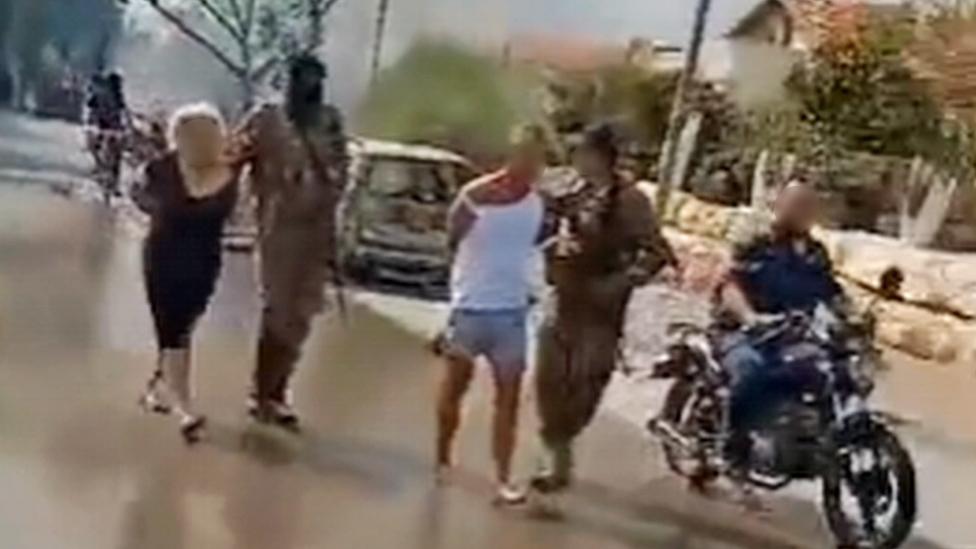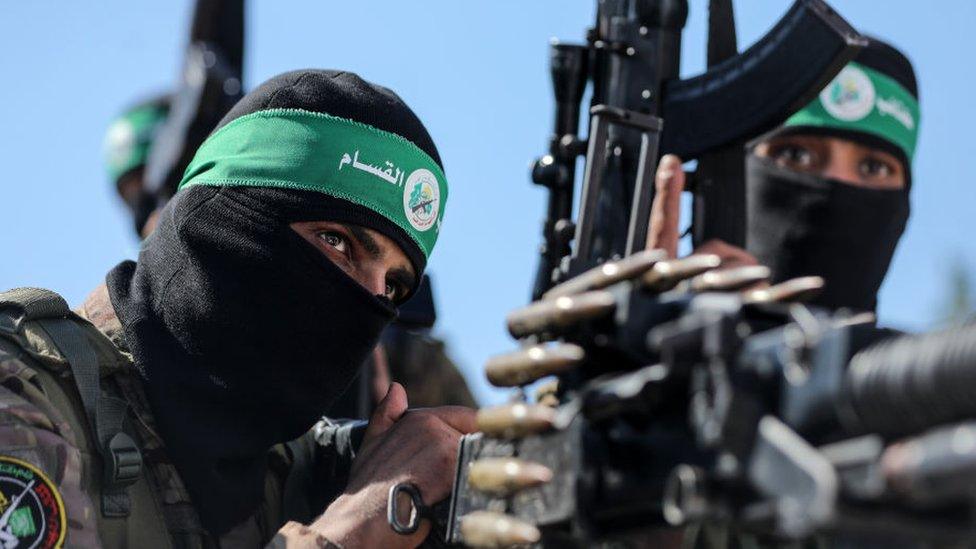Israeli forces fight to drive out Hamas militants as death toll passes 600
- Published
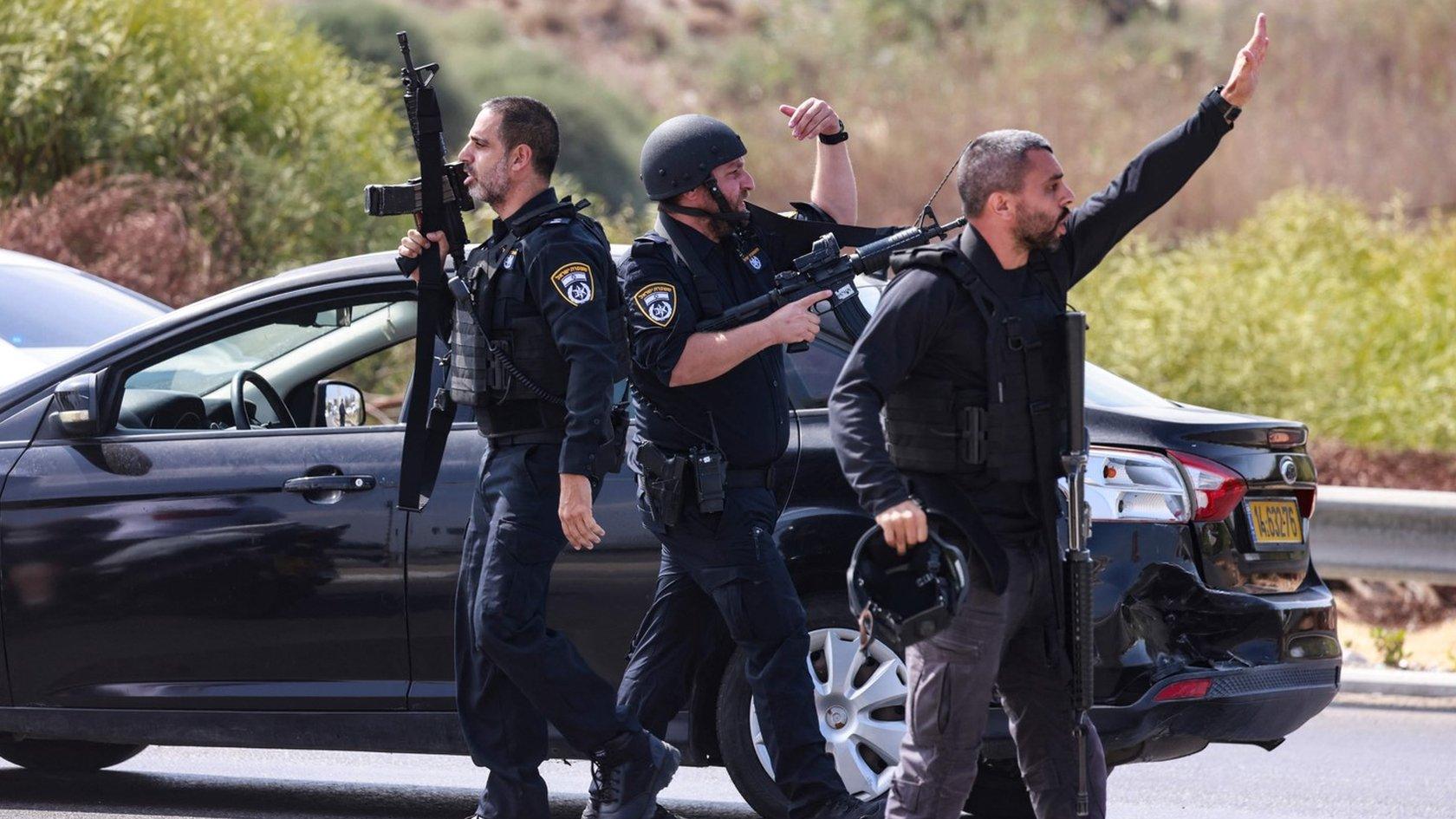
Israeli security forces reportedly killed several Palestinian militants in a gun battle near Ashkelon on Sunday
Israeli security forces are carrying out operations to rescue hostages taken by Palestinian militants from Gaza and clear areas they seized on Saturday.
The military said troops had secured 22 locations by Sunday morning but were still sweeping through another eight.
The surprise attack by hundreds of gunmen from Hamas, under the cover of intense rocket fire, has reportedly killed at least 600 people in Israel.
More than 370 people in Gaza have been killed in retaliatory Israeli strikes.
And 400 Palestinian gunmen have been killed and dozens arrested during the fighting in Israel, according to the Israeli military.
Saturday saw Israel's deadliest day of violence since the Yom Kippur war 50 years ago.
Prime Minister Benjamin Netanyahu said on Saturday night that Israel was going into a "long and difficult war". He also warned Hamas, which governs Gaza, that its hideouts would be reduced to "rubble".
Hamas leader Ismail Haniyeh said it was on the "verge of a great victory".

More on Israel-Gaza attacks
Follow LIVE: Latest updates
Festival attack: 'Like a horror movie' - how party became a nightmare
Analysis: Israel blindsided, says Jeremy Bowen

The attack began just after dawn on Saturday, which was the Jewish Sabbath and festival of Simchat Torah.
Hamas gunmen cut through the heavily fortified fence that lines Gaza's perimeter and crossed into southern Israel on motorbikes, paragliders and by sea.
An Israel Defense Forces (IDF) spokesman said the militants numbered in the high hundreds, while more than 3,000 rockets were fired towards cities and towns across Israel throughout the day.
"They attacked dozens of Israeli communities and IDF bases and went door to door," Lt Col Jonathan Conricus said Saturday night. "They executed Israeli civilians in cold blood in their homes and then continued to drag into Gaza Israeli civilians and military personnel."
Israel's health ministry has not officially confirmed how many people have been killed, but Israeli TV channels reported that the death toll had passed 600 and the same figure was included in a Facebook post from the Government Press Office, external.
Watch: Israeli forces exchange fire on road near Gaza border
Overnight, Israeli security forces rescued many people who had been held hostage - almost 50 were in the dining area of one small community.
At least 10 militants who had taken over the police station in the town of Sderot were killed.
Through Sunday morning shootings continued in communities close to Gaza.
Near the city of Ashkelon, Israeli forces chased several Palestinian gunmen in a stolen car, killing them in a dramatic shootout on a main road.
The IDF earlier told reporters that security forces had secured 22 locations but that there were still eight "points of engagement" where troops were going from house to house to confirm that they were "clean or terrorism".
They included Sderot and the nearby kibbutz (community) of Kfar Aza, where soldiers were said to be fighting to free another group of hostages.
Residents who live near the Gaza frontier are also being evacuated.

Concerns are also growing for the dozens of Israeli soldiers and civilians, including women and children, who it is believed are being held hostage by Hamas in Gaza.
Relatives of those missing have been asked to hand their belongings to police stations so that DNA samples can be taken.
Noa Argamani, 25, and her boyfriend Avinatan Or were among hundreds of people partying at a rave in the fields next to Gaza when the attack began. A video posted on social media showed Ms Argamani screaming in panic as she was taken by militants into Gaza on a motorbike.
A friend, Amit Parpara, told the BBC that she sent him several messages as the attack unfolded.
"My first contact with Noa was around 06:30, when the [rockets] started," he said. "She sent me her live location, asking for someone to save her and her boyfriend. She was hiding in a hole."
"Around 08:30 was the last message that I got from her," he added. "I tried to tell her to stay low. I tried to contact the police and the military so that they would know their location and might find them."
"About half an hour later, I found that video... You can see clearly her terror."
Mr Netanyahu warned Hamas that Israel held it responsible for the hostages' well-being and would "settle accounts with anyone who harms one hair on their heads".
He also said the IDF would "immediately use all its strength to destroy Hamas's capabilities," and told Gazans to leave their homes and take shelter.
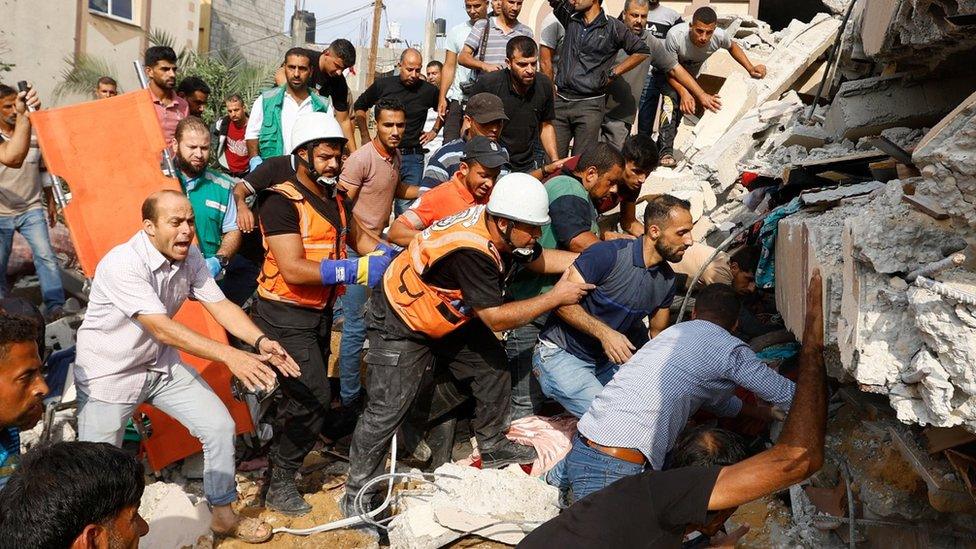
Palestinian health officials say civilians have been killed in the retaliatory Israeli air strikes on Gaza
In Gaza, the atmosphere has changed completely from Saturday morning, when many Palestinians were celebrating on the streets. People are now staying indoors, as the territory is rocked by explosions and clouds of black smoke engulf buildings.
The IDF said it had struck 426 targets belonging to Hamas by Sunday morning, including a compound belonging to the head of the group's intelligence department.
Hamas said 12 houses belonging to senior leaders of the group were hit, as well as branches of its bank.
The multi-storey Watan Tower in Gaza City, where internet service providers that served half of the population were based, was also destroyed.
Palestinian health ministry officials said more than 300 people, including children, had been killed in Gaza and that another 1,990 had been injured.
About 20,000 people have taken shelter in UN schools and hospitals after being told by the IDF to leave their homes immediately, suggesting that they would be attacked by air soon. The Israeli warnings covered Beit Hanoun and Beit Lahiya, in northern Gaza, and the Daraj area of Gaza City.
Missile strikes next to BBC Gaza rooftop base
'Everywhere in Gaza you see death'
Dr Khamis Elessi, a neuro-rehabilitation and pain medicine consultant based in Gaza City, told the BBC that the situation was unbearable.
"Everywhere you are going in Gaza you see funerals, you see death. You see buildings collapsing. It's like you are watching a movie about the end of life on this Earth," he said.
"The kids are crying and screaming, there is no electricity, there's no internet and so you feel you could be next."
Israel's security cabinet cut off Gaza's electricity and fuel supplies and the entry of goods in retaliation for the Hamas attack.
In a separate development on Sunday, the IDF said its artillery had struck targets in southern Lebanon and carried out a drone strike on "terrorist infrastructure" in response to a rocket attack by the militant Hezbollah movement in the disputed Shebaa Farms/Mount Dov area.
Hezbollah said it had fired at three Israeli positions "in solidarity with the Palestinian resistance", despite a warning from Israel and the US for other parties not to engage and risk a regional war.
The Lebanese army said the Israeli retaliatory fire wounded several people, while the UN peacekeeping force in Lebanon said it was working with authorities in both countries to avoid a more serious escalation.

Are you personally affected by the issues raised in this story? If it is safe to do so, you can get in touch by emailing haveyoursay@bbc.co.uk, external.
Please include a contact number if you are willing to speak to a BBC journalist. You can also get in touch in the following ways:
WhatsApp: +44 7756 165803
Tweet: @BBC_HaveYourSay, external
Please read our terms & conditions and privacy policy
If you are reading this page and can't see the form you will need to visit the mobile version of the BBC website to submit your question or comment or you can email us at HaveYourSay@bbc.co.uk, external. Please include your name, age and location with any submission.
- Published8 October 2023
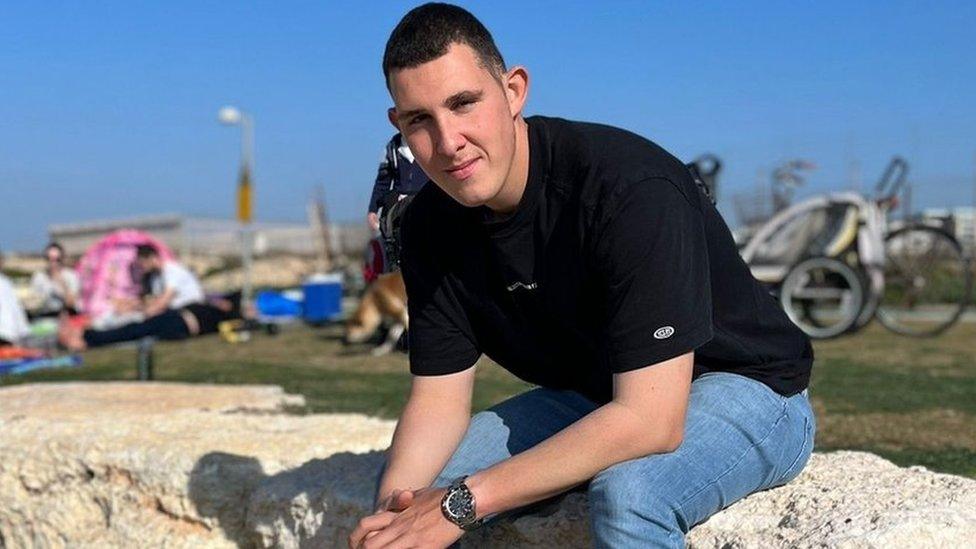
- Published8 October 2023
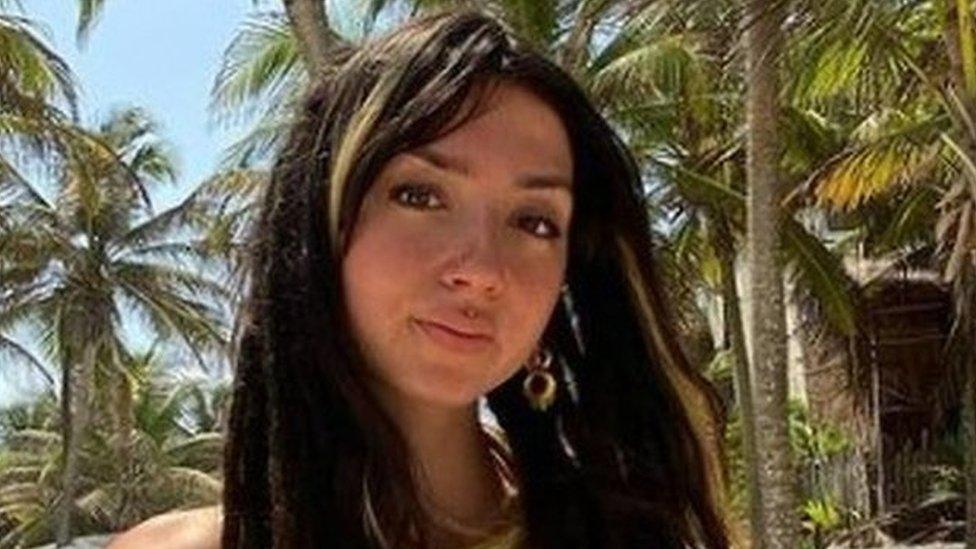
- Published8 October 2023
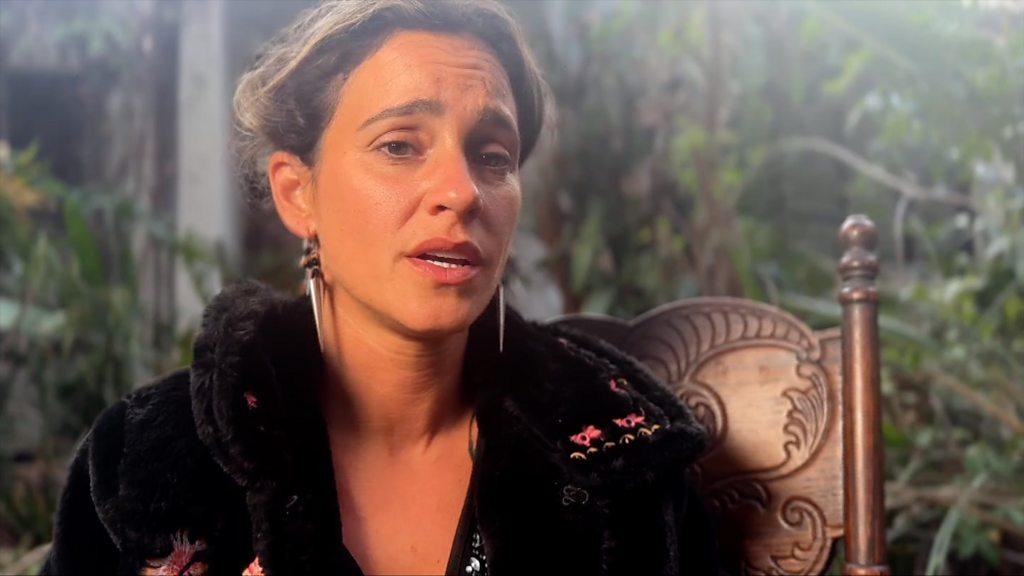
- Published8 October 2023
